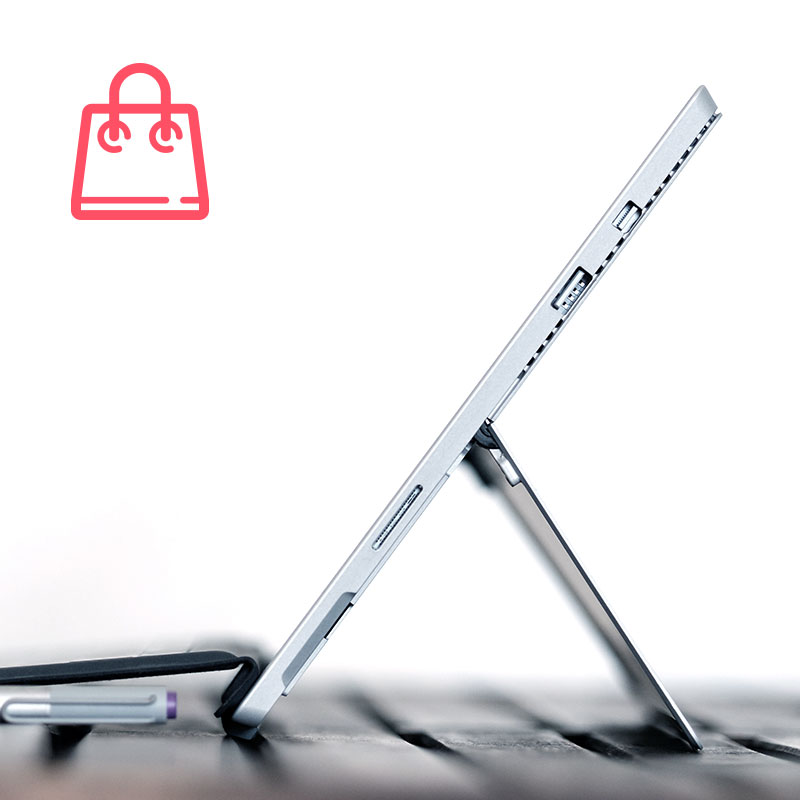In his Parisian lectures Mickiewicz defined the comparative method on three different levels: 1. cultural (the comparison of civilizations), 2. literary (the comparison of literatures) and 3. linguistic (the comparison of languages). However, it was language that turned out to be the principium comparationis, serving as the poet’s point of departure in all his major comparisons. He studied it much more thoroughly than it was necessary for the preparation of the lectures at the Collège de France. In the early 1840s he became interested in the etymology of words. He expected it to enable him to discover the secrets of the Slavs’ history and culture. As he claimed, this was impossible to achieve on the basis of architecture and art, as they hardly existed, except for oral poetry: fables, hymns and legends. Similarly to other Slav enthusiasts, Mickiewicz failed to build a myth of this people’s former greatness, fame and historic destiny based on its system of beliefs, as this very system could not be reconstructed. Accordingly, he tried to derive the myth from the language. He treated it as the main means of comparing the roles that Slavs and other peoples played or were supposed to play in the history
The sample of Polish version of this article is available here: https://tekstualia.pl/index.php?p=numery&s=porownanieimetoda&lang=pl






